Remote Control
Switch single lamps or groups and set brightness levels from a cloud platform or mobile app.
Designed for smart cities, LoRa street lighting offers reliable IoT communication across wide areas with minimal energy consumption. The system enables remote control, fault detection, and automatic brightness adjustment based on traffic or environment. Municipalities can not only save energy but also simplify maintenance and extend the lifetime of their lighting assets.
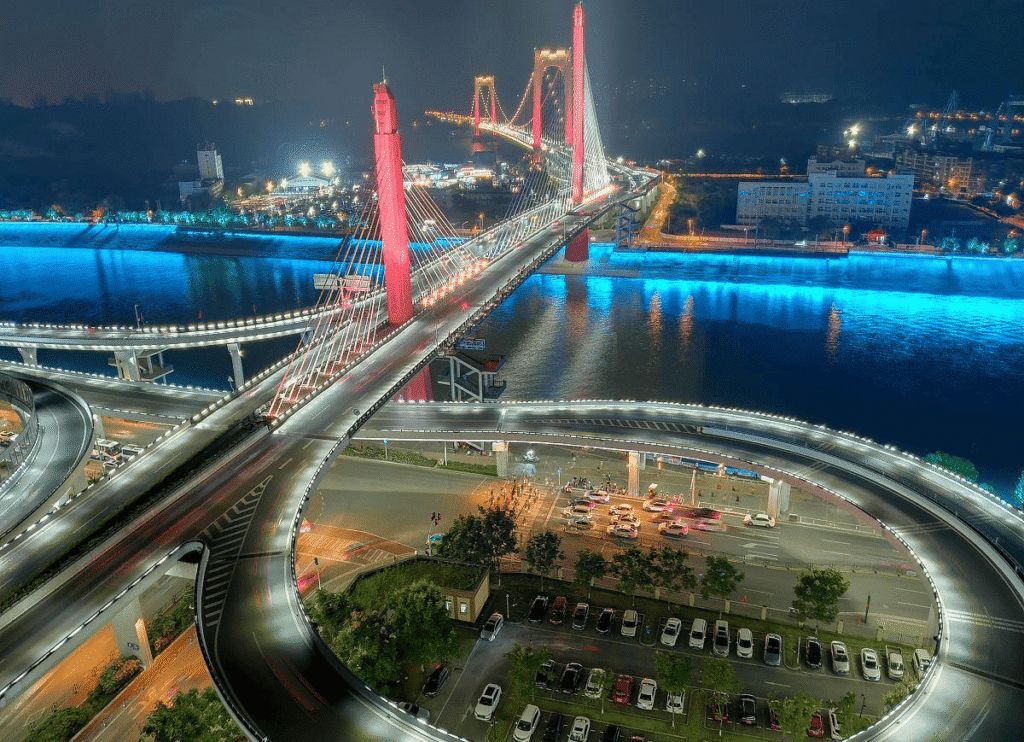
LoRa is a Low Power Wide Area Network (LPWAN) technology designed for long-distance and energy-efficient communication. In urban environments, the transmission range can reach 2–5 km, while in suburban or open areas it can exceed 10 km. This makes LoRa especially suitable for street lighting, where devices are distributed across large areas and need to operate reliably for many years. Even in complex environments with tall buildings or strong electromagnetic interference, LoRa ensures stable data transmission and reduces the need for costly infrastructure.
LoRa smart street lighting enables comprehensive control and monitoring of every lamp in the network. Operators can remotely switch on or off single lamps or groups, and adjust brightness levels through a cloud platform or mobile app. With integrated sensors, the system can automatically regulate light output based on traffic flow or ambient light conditions, ensuring energy is used only when needed. It also provides real-time fault detection and alerts, allowing maintenance teams to quickly locate and repair issues. In addition, energy consumption data is collected and analyzed, helping cities optimize power distribution and generate accurate energy-saving reports.
Centralized IoT control gives you full visibility and command of every luminaire. Operators manage on–off and dimming, automate brightness with sensors, receive instant fault alerts, and track energy usage for accurate reporting and optimization.
Switch single lamps or groups and set brightness levels from a cloud platform or mobile app.
Use sensors to adjust light output according to traffic flow or ambient brightness.
Real-time alarms for voltage, driver errors, or lamp failures with precise location data.
Track per-lamp power consumption, generate accurate reports, and optimize usage.
LoRa smart street lighting offers clear advantages over traditional systems, making it highly suitable for modern smart city projects.

By enabling intelligent dimming and adaptive control, power consumption can be reduced by 30–60%, extending the lifespan of the luminaires.

Faults are reported in real time with exact location, which helps reduce manual inspection and lowers maintenance costs.

The LoRa network can integrate other IoT devices such as air quality sensors, cameras, and Wi-Fi hotspots, creating multifunctional smart city nodes.

Unlike cellular solutions, LoRa does not require expensive base stations or SIM cards, making it ideal for large-scale deployments or retrofitting existing street lights.
LoRa street lighting can be flexibly applied to a wide range of environments, from urban roads to specialized infrastructure.
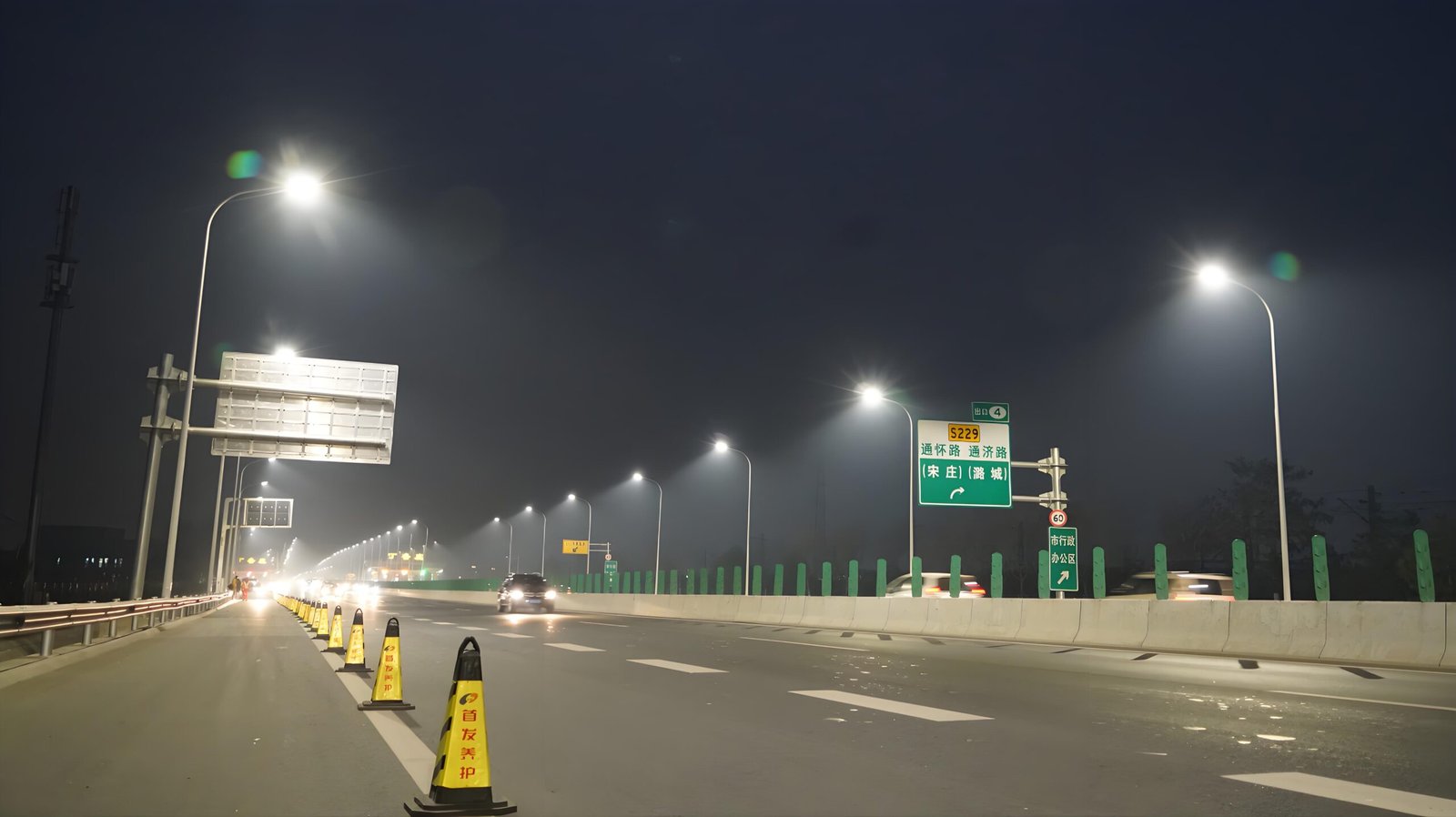
Smart lighting for main roads, secondary roads, and residential streets to improve safety and efficiency.
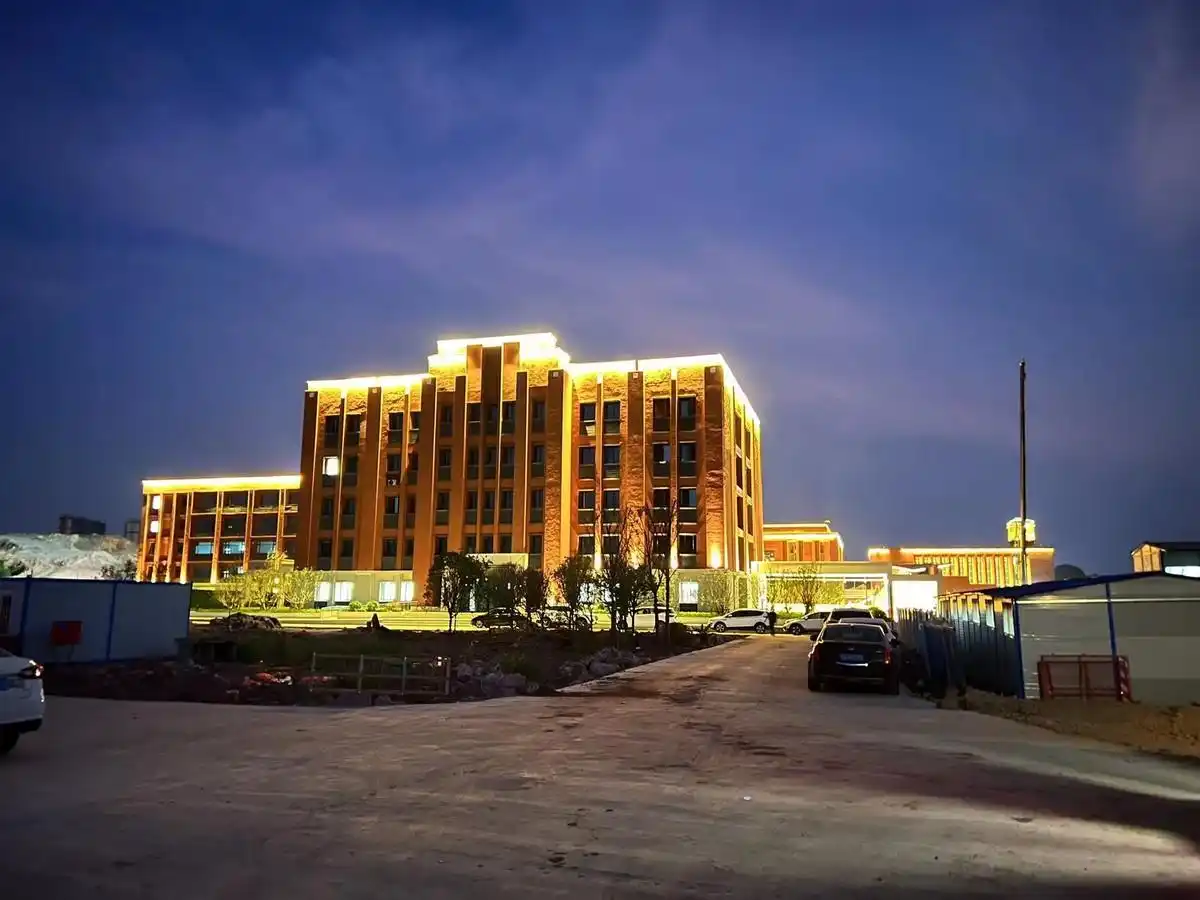
Energy-saving management in schools, industrial parks, and residential areas with centralized monitoring.
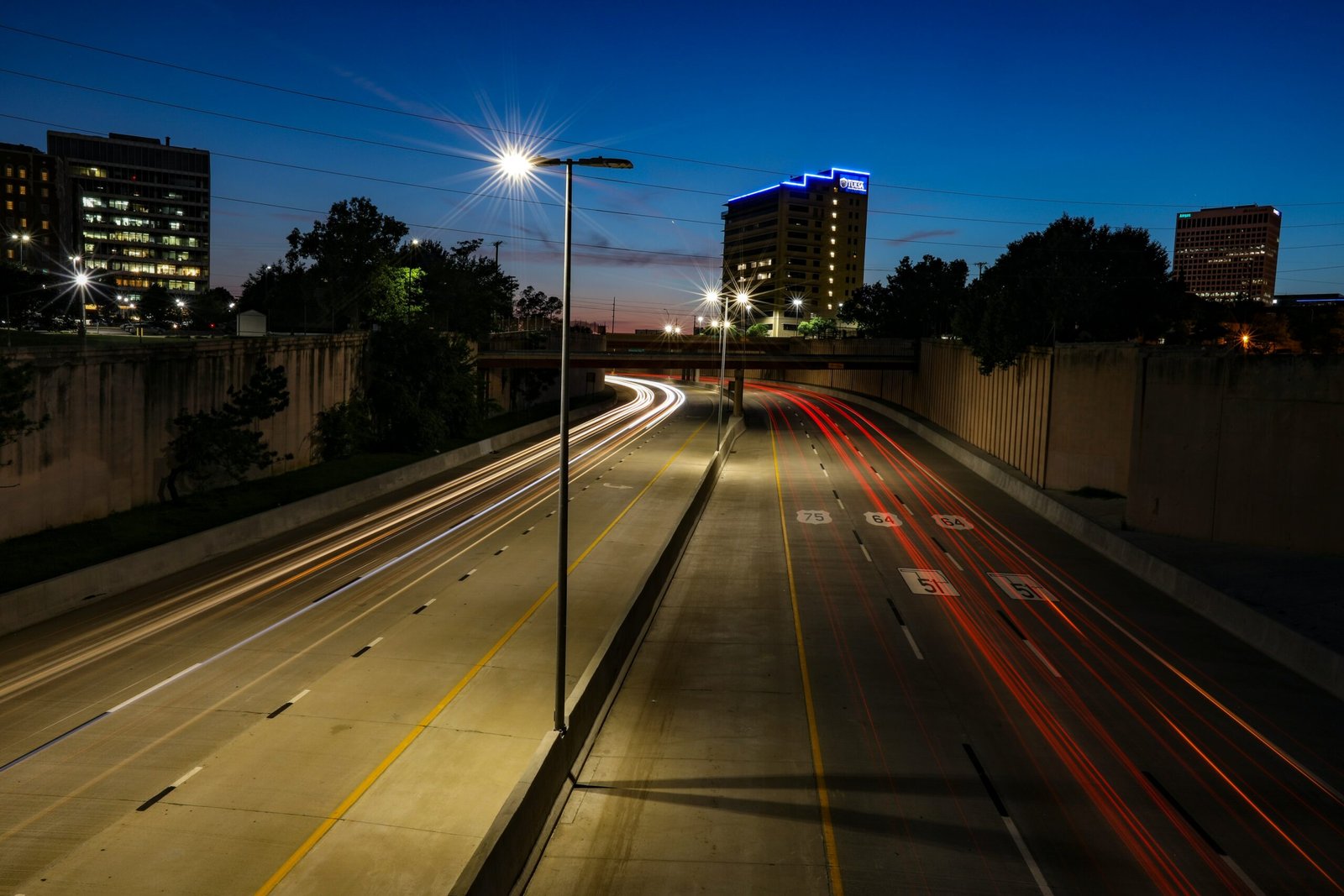
Reliable illumination in tunnels, bridges, and parking lots where stable long-range communication is critical.
Compare communication distance, power profile, cost, and operational fit across LoRa, Traditional non-networked lighting, and 4G/NB-IoT solutions.
| Criteria | LoRa Street Lighting | Traditional Lighting | 4G / NB-IoT Lighting |
|---|---|---|---|
| Communication Distance | Kilometer-level coverage (≈2–5 km urban, 10+ km suburban) | No networking capability | Medium distance; dependent on carrier base-station coverage |
| Power Consumption (Comms) | Ultra-low (LPWAN) | N/A | Moderate; higher than LoRa |
| Network/Recurring Cost | No SIM; private LoRaWAN possible; low recurring fees | N/A | SIM and data plan required |
| Deployment Complexity | Gateways + controllers; quick to scale; retrofit-friendly | Simple electrical install; no remote control | Controller per lamp + carrier provisioning |
| Energy Saving Potential | High with adaptive dimming and scheduling (≈30–60%) | Low; manual/clock-based control | High; depends on tariff and data cost |
| Suitable Scenarios | Wide-area, dispersed nodes; city roads, parks, campuses | Basic on/off needs without remote management | Higher data needs or areas with strong carrier coverage |
| Data Throughput | Low bandwidth; ideal for telemetry and control | N/A | Higher than LoRa; supports richer payloads |
| Security | LoRaWAN AES-128 network & application layer keys | Physical access only | Carrier-grade security; SIM-based identity |
| O&M Visibility | Per-lamp telemetry, alarms, and energy analytics | Minimal; field inspection required | Good; depends on carrier connectivity and cost |
Summary: LoRa delivers long-range, low-power networking with attractive total cost of ownership for large-scale deployments. 4G/NB-IoT suits higher data payloads where carrier coverage and budgets allow.
LoRa-based street lighting has already been deployed in multiple regions worldwide, proving its reliability and cost-effectiveness.
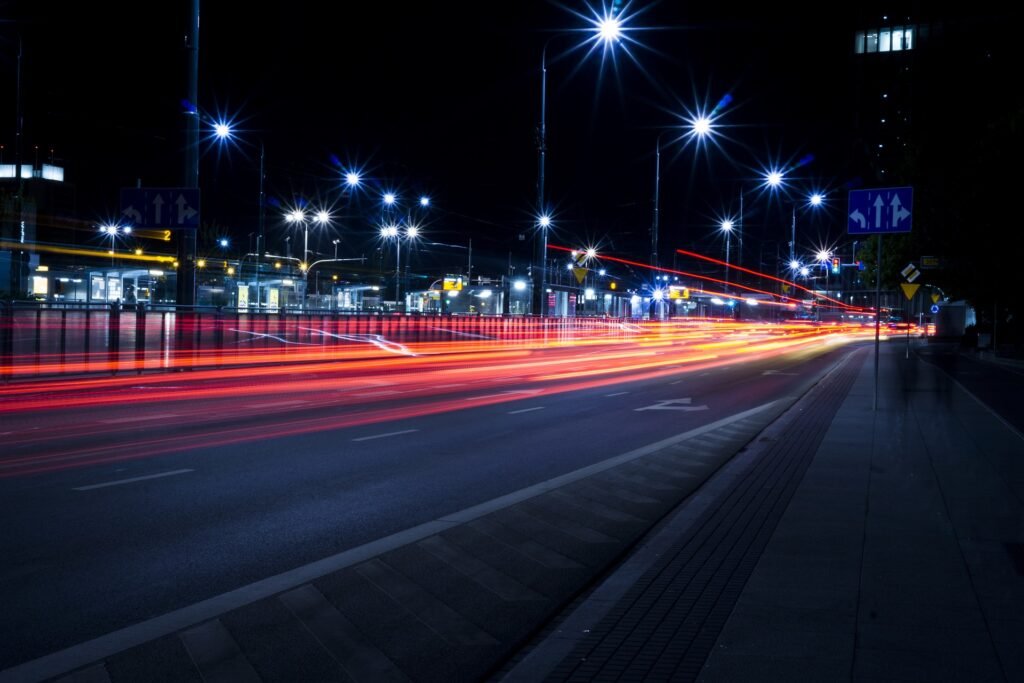
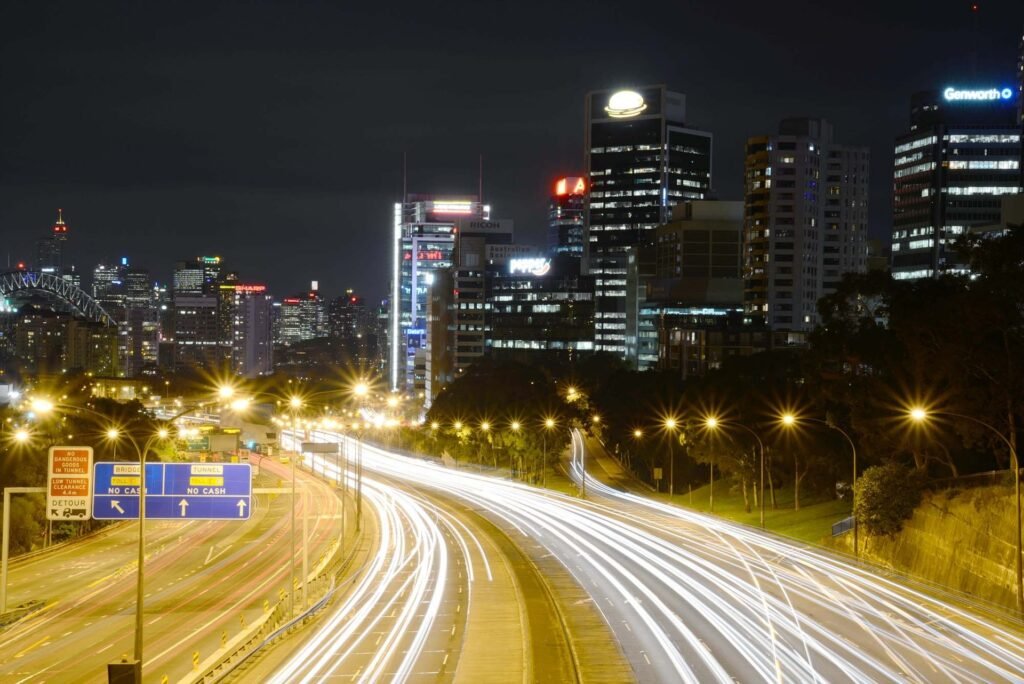
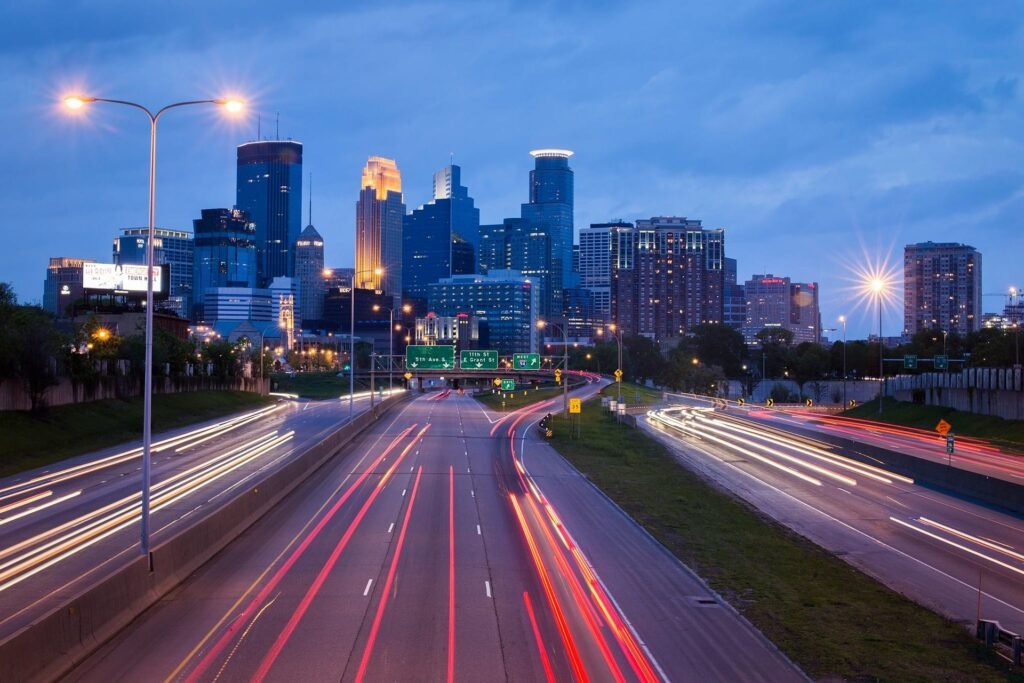
To scale LoRa street lighting, cities should plan coverage carefully, harden cybersecurity, and prepare for convergence with next-generation networks. The points below summarize key focus areas for deployment and evolution.
Design gateway placement to avoid blind spots and ensure link budget for urban canyons and suburban spans. Validate with field tests before roll-out.
Enforce LoRaWAN AES-128 keys, secure onboarding, and role-based access. Monitor anomalies and rotate credentials regularly.
Combine LoRa telemetry with 5G slicing and edge computing for advanced use cases such as V2I, predictive maintenance, and cross-domain orchestration.
LoRa smart street lighting has become a cornerstone of smart city infrastructure, offering long-range communication, low power consumption, and scalable integration. By adopting this solution, municipalities can achieve significant energy savings, simplify operations, and prepare for future urban innovations. Whether for new projects or retrofitting existing systems, LoRa provides a cost-effective and sustainable path toward intelligent lighting.
Ready to explore LoRa street lighting for your project? Contact us today to receive a tailored proposal and technical consultation.
MVS delivers a complete range of outdoor lighting solutions designed for durability and performance. With advanced optics, IP65 & IK10 protection, and certified quality, our products cover everything from modular floodlights and high-mast systems to smart-control street lighting (DALI/DMX512/0-10V). Whether for roads, stadiums, ports, or industrial areas, MVS ensures uniform brightness, stable operation, and long service life. By choosing MVS, you gain not only reliable hardware but also engineering support and project-specific customization, helping your projects meet professional standards and long-term efficiency.
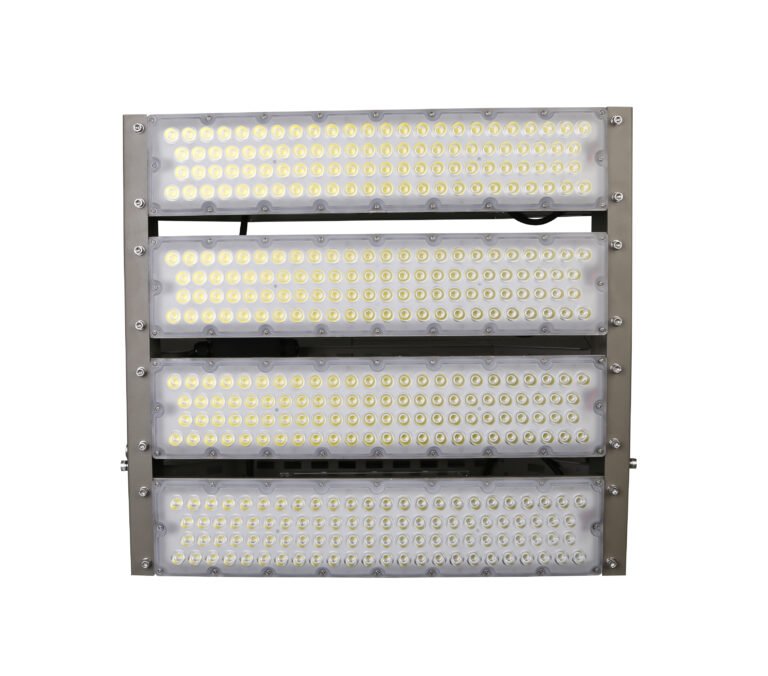
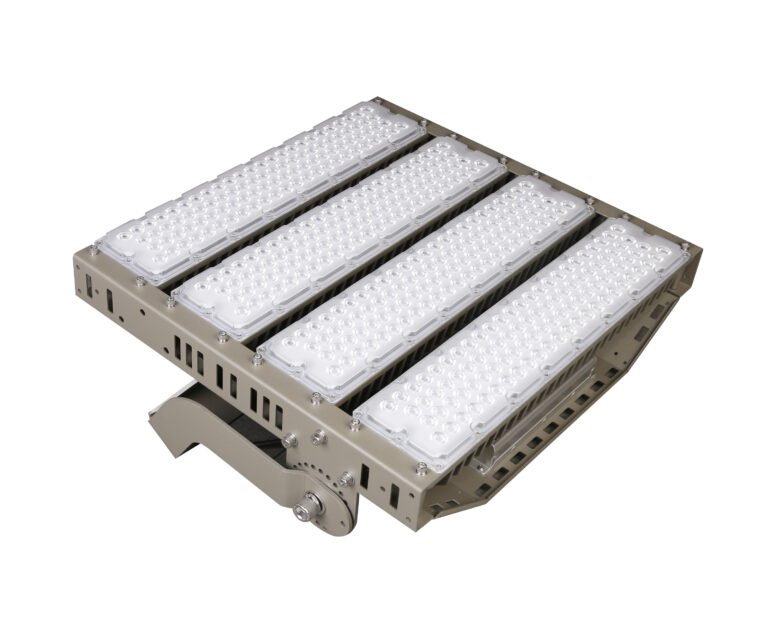
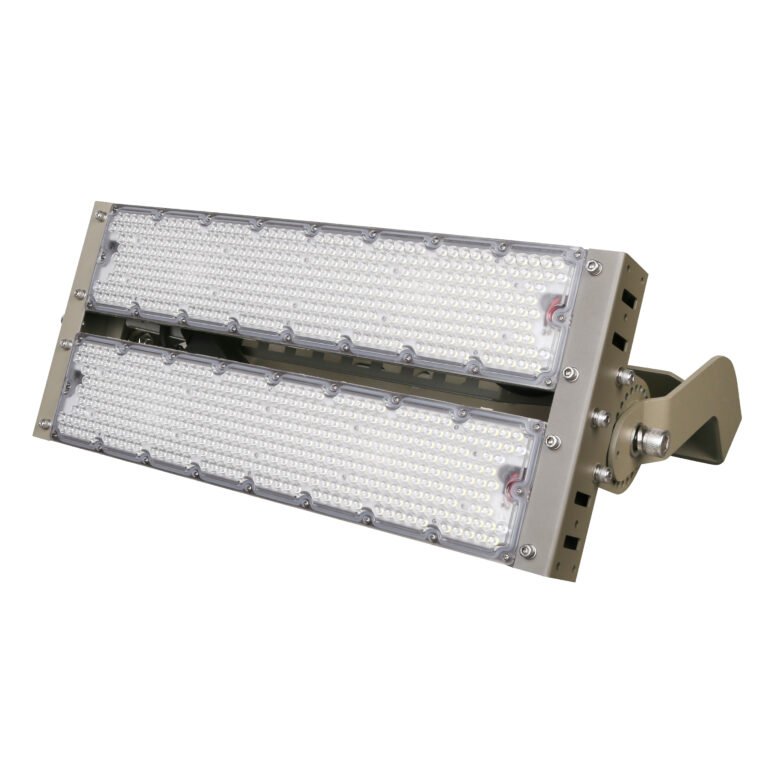
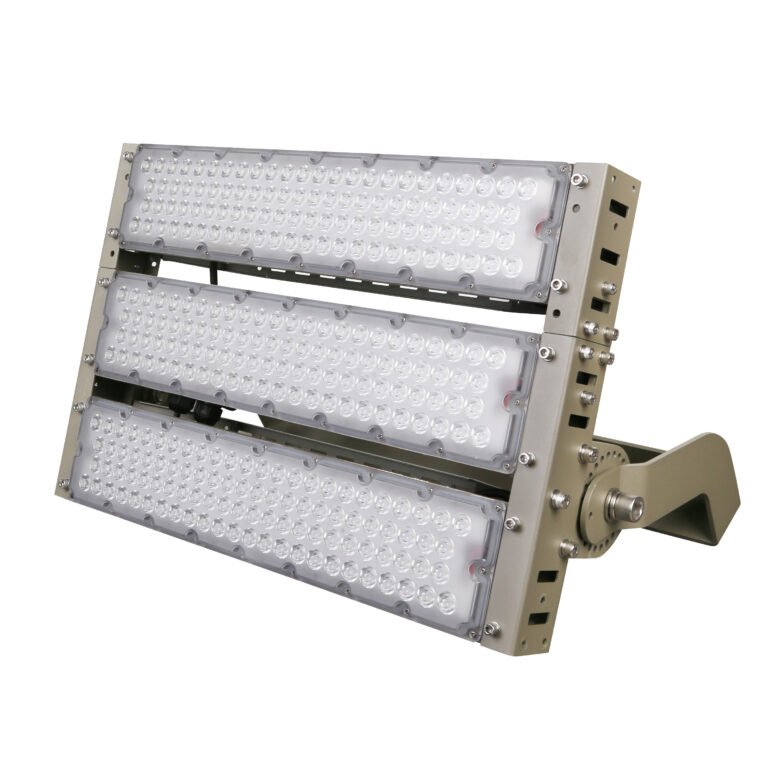
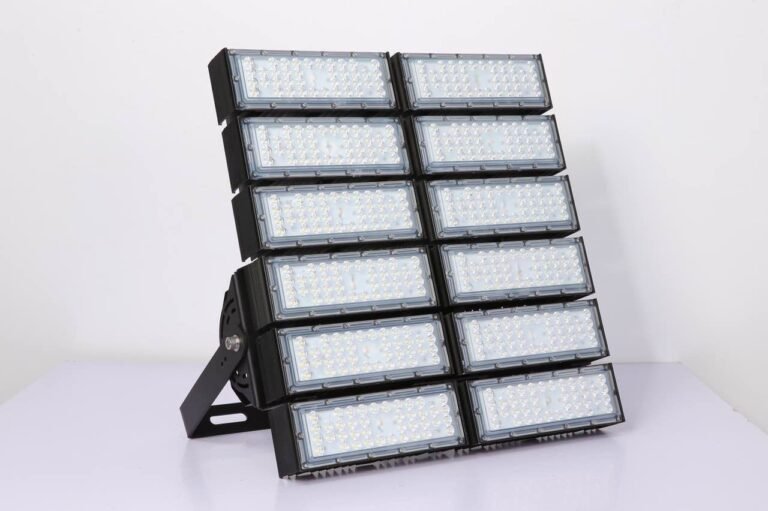
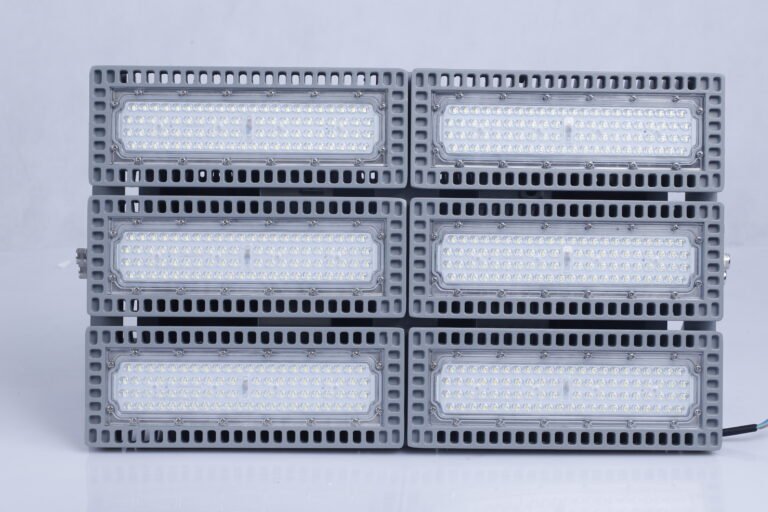
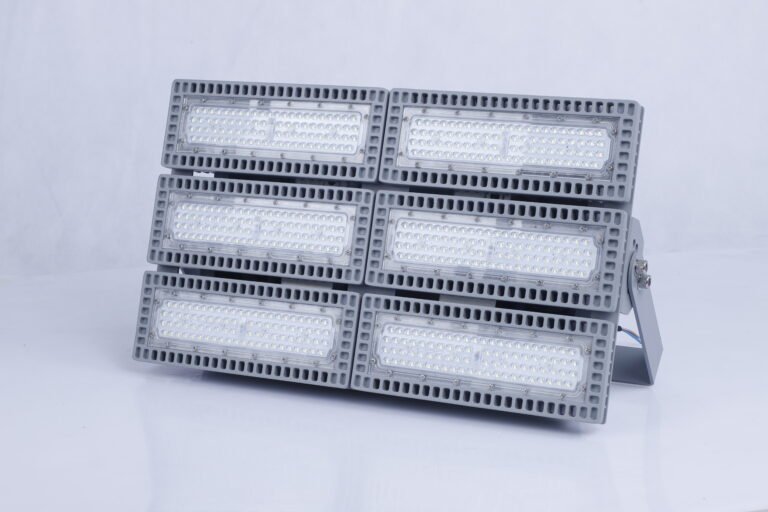
Our catalog offers modular, energy-saving, and high-performance LED solutions. Share your project needs, and we’ll create a tailored lighting plan for you.



For more professional knowledge and practical guidance, visit our blog to discover in-depth articles on LED street lights and project solutions.
What Is Timer-Based Dimmi
Outdoor Lighting Installa
Introduction – Why Upgrad
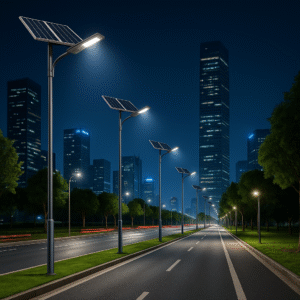
Introduction As cities an
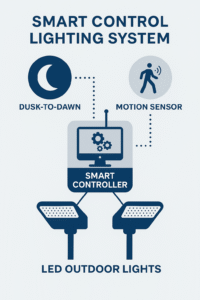
Introduction Outdoor ligh
How to Waterproof LED Lig
Select the topic that best fits your project needs.
Smart Control Systems and Standards:
[Smart Lighting System] | [Central Control System] | [Automatic Scene Control] | [Smart Gateway] | [LoRa System] | [Bluetooth Control System] | [Zigbee] | [Zhaga] | [NEMA]
Lighting Control and Dimming Methods:
[DMX512] | [DALI Dimming] | [Timer Light] | [0-10V Dimming] | [Single Color Dimming] | [Sensor Control] | [Smart Control Systems] | [IoT Lighting System]
View the complete Smart Lighting Knowledge Hub for more topics.